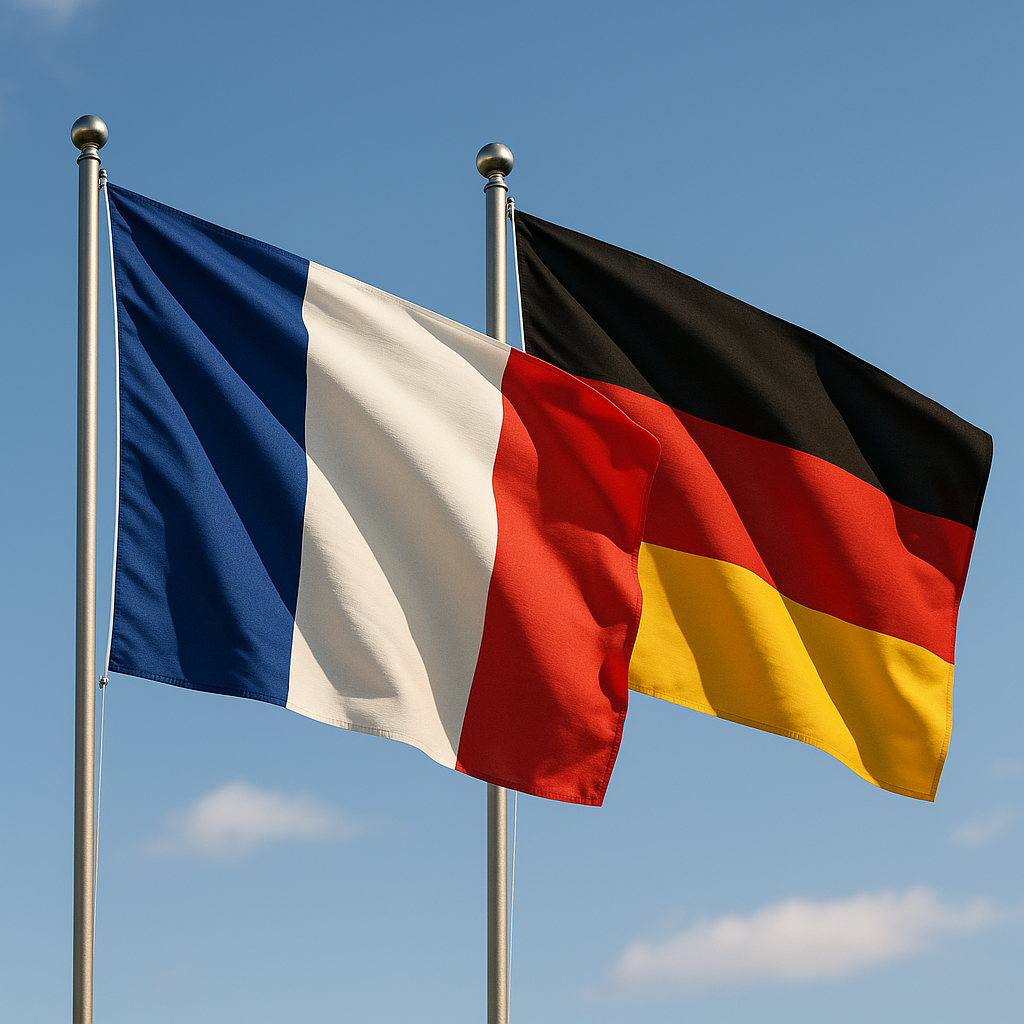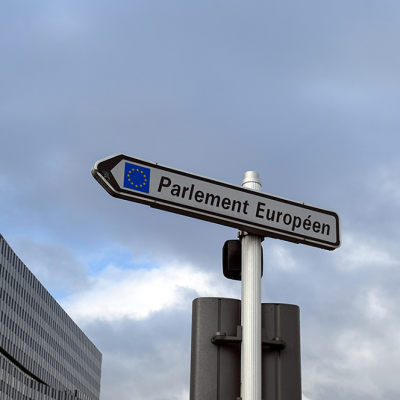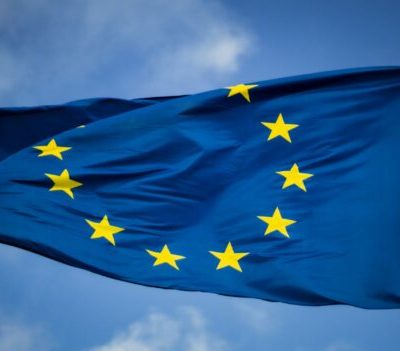[FR] How others see us: the Franco-German couple as viewed by its partners
We asked six experts to consider whether the Franco-German ‘couple’ is capable of playing the same leading role as in the past.

Couple, axis, tandem or simply partnership: there is no shortage of words to describe the central role played by Franco-German cooperation in the construction of Europe.
This is easily explained, not simply by the political and economic weight of these two countries, but by historical considerations: from the outset, i.e. from the launch of the Schuman Plan, Franco-German reconciliation was one of the primary motivations. One of the merits of the Community method was precisely that it brought together in a virtuous circle of cooperation countries whose previous conflicts had bloodied Europe. Subsequently, Franco-German cooperation earned its spurs by proving to be a source of proposals that paved the way for many advances in European integration: the European monetary system, closer political cooperation, the Schengen agreements, etc.
None of this would have been possible if the joint initiatives of the two countries had not won the support of their partners. This was self-evident for the founding countries, which had learned the hard way that Franco-German antagonism could have dire consequences for them. During previous enlargements, the successive members also came to realise the advantage of allowing France and Germany, whose interests often diverged, to seek common ground that would pave the way for European compromise.
Can this situation continue after enlargement? The answer depends, of course, in part on the quality of the proposals that Paris and Berlin are willing — or able — to put forward. But it also depends on how other governments perceive Franco-German cooperation and on the positive or negative bias that these proposals will receive.
From this point of view, the diplomatic crisis surrounding the debate on intervention in Iraq should give us pause for thought. It highlighted the fact that the new members’ geostrategic vision did not necessarily coincide with that of Paris and Berlin, and that this could lead to alternative coalitions. It also showed the aversion that some countries might feel towards what they perceived, rightly or wrongly, as hegemonic ambitions. In short, there is some reason to question the ability of the Franco-German ‘couple’ to play the same leading role as in the past. Is this a temporary phenomenon or a structural change? Should we consider opening the circle to other privileged partners, as we did with the United Kingdom on defence?
These are some of the questions we put to several experts on European issues. Their contributions clearly show that there is no single answer. Moreover, the results of the recent Spanish elections have highlighted the fact that national positions are not set in stone. Nevertheless, one conclusion emerges clearly from the analyses contained in the following pages: for the Franco-German partnership to play a leading role, it must be clearly geared towards European ambitions rather than the particular interests of the two countries.




